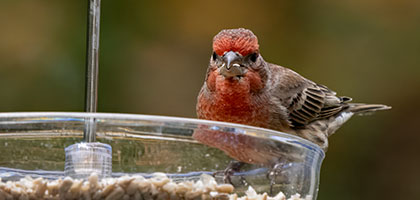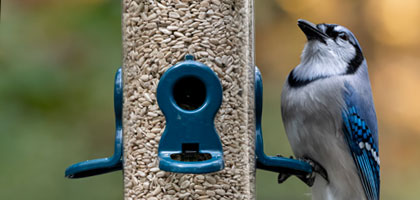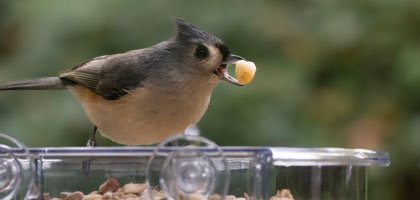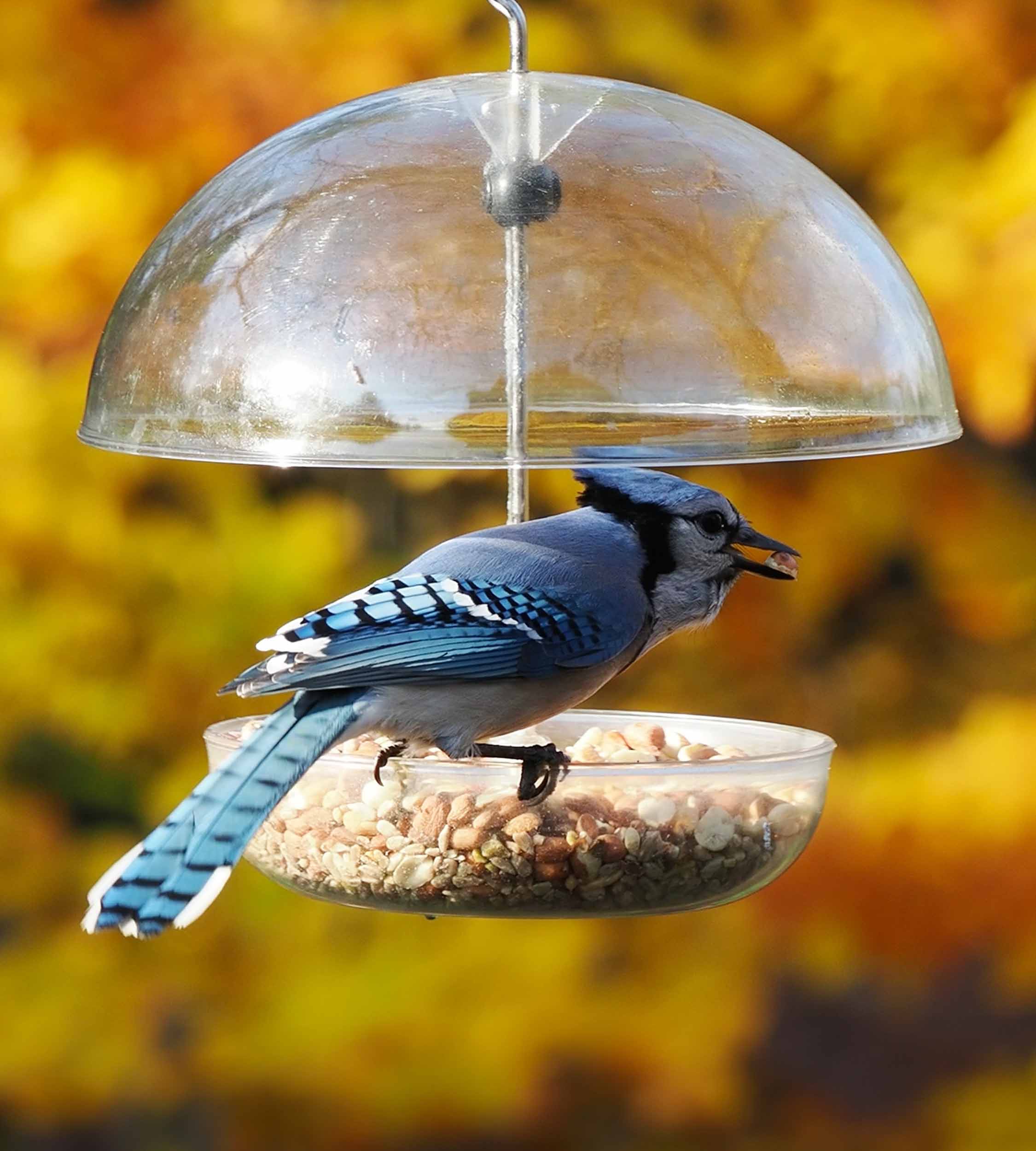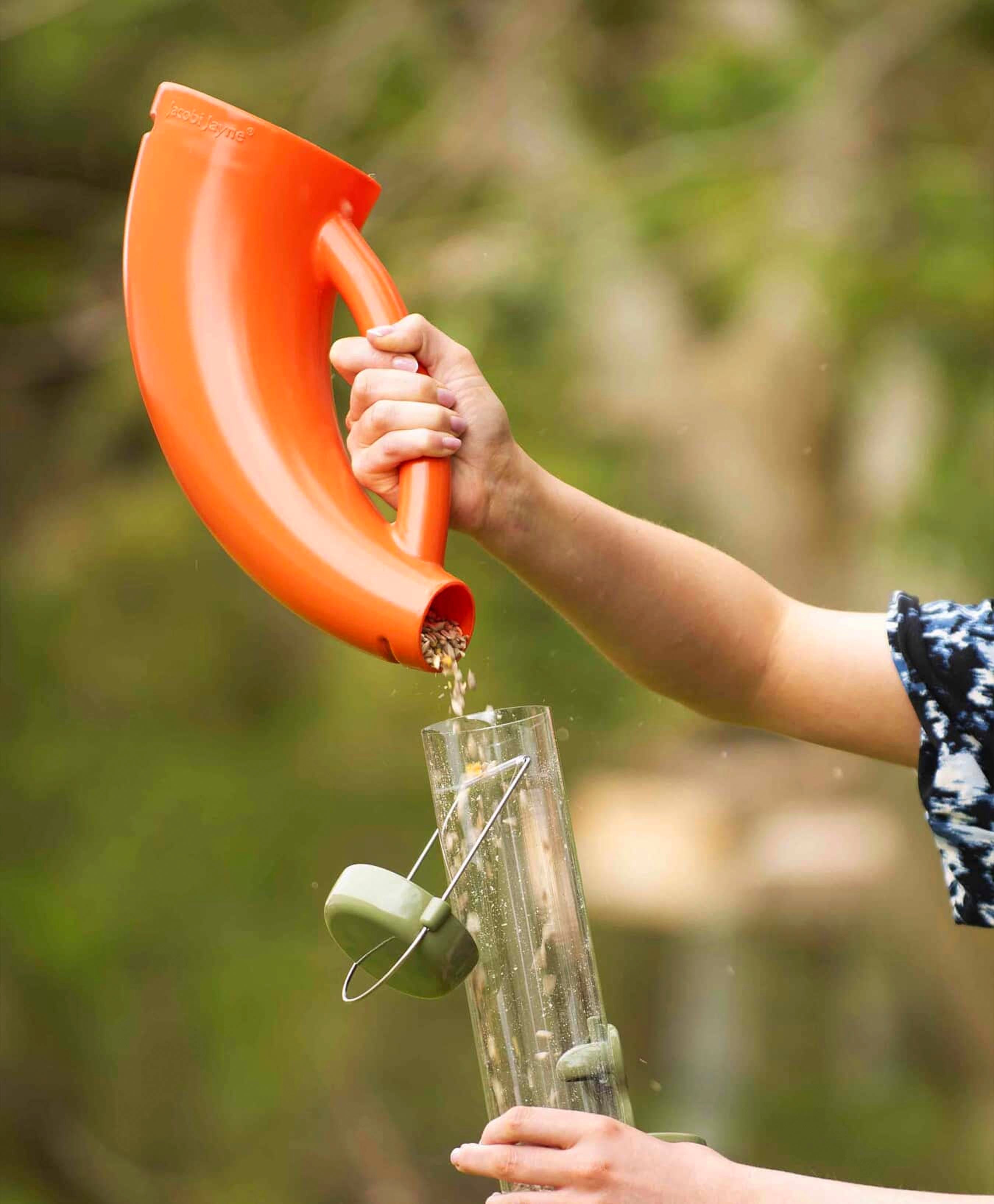Finding a baby bird can be worrying, but it is important not to panic. In this guide, we will discuss how to care for an injured or distressed baby bird, and what to feed them.
Immediate Steps Upon Finding a Baby Bird
If you find a baby bird, don't rush to feed it. First, observe it from a distance. It might be a fledgling learning to fly, and its parents are likely nearby.
However, if the bird is injured, appears weak, or is in immediate danger, you may need to intervene. Here are some steps to follow:
- Ensure your hands are clean before handling the bird.
- Use a soft cloth to pick it up gently.
- Place it in a safe, warm, and quiet place.
- Contact a local wildlife rehabilitator or vet for advice.
Creating a Safe and Warm Environment
Creating a safe and warm environment is vital for a baby bird's survival. If you've been advised to care for the bird, start by preparing a makeshift nest. Use a small box lined with soft, non-stringy material like tissues or paper towels.
Maintain a warm temperature, as baby birds can't regulate their body heat. A heating pad or lamp can help, but ensure it doesn't overheat the bird. Always monitor the bird's comfort and adjust the heat source as needed.
What to Feed Different Species of Baby Birds
The diet of baby birds varies greatly depending on their species. It's crucial to identify the bird species before deciding what to feed it. This will ensure the bird receives the nutrients it needs to grow and thrive.
Here are some general guidelines for feeding different types of baby birds:
- Insectivorous birds: Feed them small insects or a high-protein baby bird formula.
- Granivorous birds: Offer them a mix of finely crushed seeds and grains.
- Omnivorous birds: Provide a balanced diet of insects, seeds, and fruits.
Insectivorous Birds
Insectivorous birds, like swallows or robins, primarily eat insects. Small, soft-bodied insects like mealworms are ideal. If insects aren't available, a high-protein baby bird formula can be used as a substitute.
Granivorous Birds
Granivorous birds, such as finches or sparrows, feed on seeds and grains. A finely crushed mix of bird seeds, millet, and canary grass seeds can be used. Remember to moisten the mix before feeding.
Omnivorous Birds
Omnivorous birds, like starlings or crows, have a varied diet. They can eat insects, seeds, fruits, and even small amounts of meat. A balanced diet that includes all these elements is crucial for their growth and development.
Foods to Avoid
While it's important to know what to feed a baby bird, it's equally crucial to know what not to feed them. Certain foods can be harmful or even fatal to baby birds.
Here are some foods to avoid:
- Bread: It offers no nutritional value and can cause digestive issues.
- Milk: Birds cannot digest dairy products, leading to stomach upset.
- Human food: Foods high in salt, sugar, or fat are not suitable for birds.
- Large seeds or hard foods: These can be a choking hazard for baby birds.
Remember, when in doubt, it's best to consult with a wildlife rehabilitator or vet.
How to Safely Hydrate a Baby Bird
Hydration is crucial for a baby bird's survival. However, it's important to hydrate them safely to avoid aspiration. Use a small syringe or dropper to gently provide water or an electrolyte solution. Avoid forcing the liquid, as this can lead to choking or lung damage. Always consult a professional if unsure.
Frequency and Volume of Feedings
The frequency and volume of feedings depend on the bird's age and species. Newborns typically require feeding every 15-20 minutes from dawn to dusk. As they grow, the frequency decreases. Always ensure the bird's crop (a pouch in their throat where they store food) is empty before the next feeding.
Recognizing Signs of Distress and Health
Monitoring the baby bird's health is crucial. Signs of good health include bright eyes, active behavior, and steady weight gain. Conversely, signs of distress may include lethargy, loss of appetite, or weight loss. If you notice any of these signs, seek professional help immediately.
